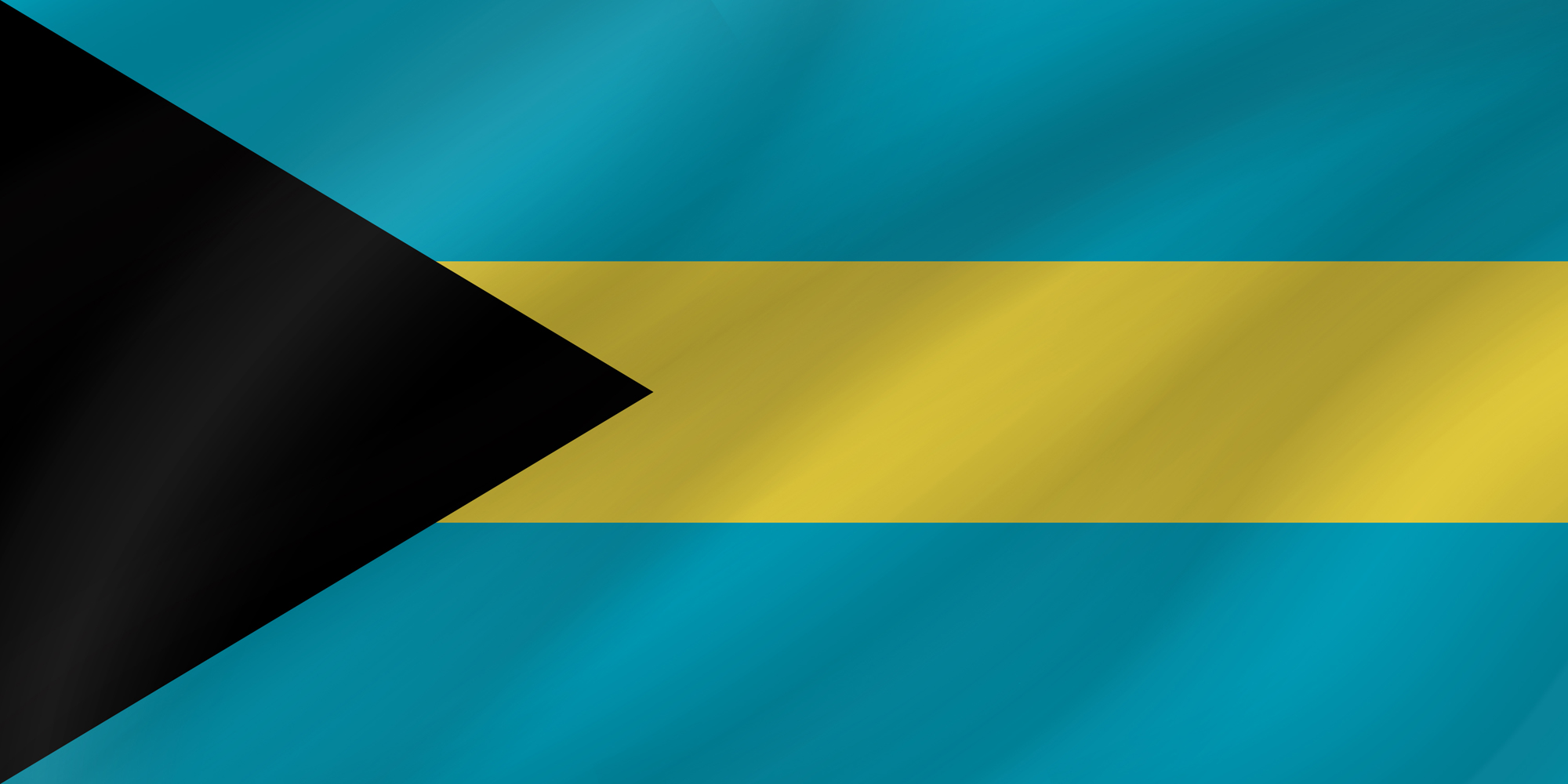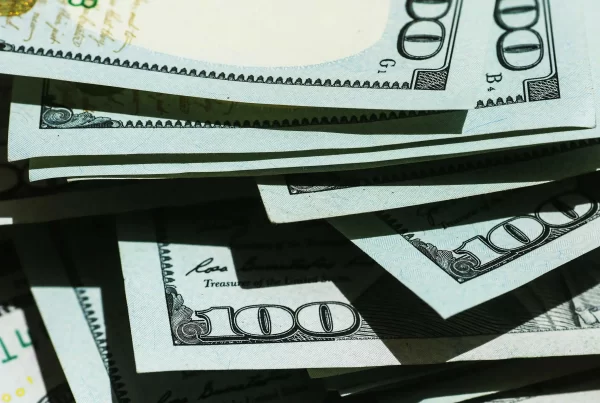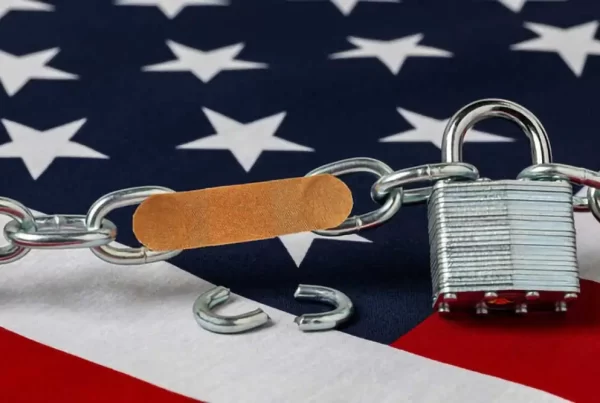On September 1st, Hurricane Dorian made landfall on the Bahamas as a Category 5 storm, the strongest storm to ever hit the chain of islands. What was left behind was total destruction of homes, businesses, and lives. Having lost everything, and with the threat of more storms coming, thousands of Bahamians have begun to seek refuge in the U.S. while their country recovers and rebuilds. With an influx of Bahamian people to the U.S., the debate began about whether Bahamians in the U.S. would be granted Temporary Protected Status.
Since the 90’s, our government has had the authority to extend a Temporary Protected Status to people in the U.S. whose home countries have been devastated by armed conflicts or environmental disasters. While TPS is not a path to permanent legal status, it does give temporary lawful status and work authorization to those who qualify. It’s meant to be a humanitarian response to unexpected disasters, like the total devastation of a country by a hurricane, but unfortunately, as of now, this administration has no plan to extend TPS to Bahamians.
This doesn’t mean, however, that the people of the Bahamas are prohibited from coming to the U.S. for help. Bahamians CAN still enter the U.S., as long as they can provide the proper travel documents when they arrive at their U.S. port of entry. But what exactly are the “proper” travel documents?
This question has actually caused quite a bit of confusion over the past week, especially after reports surfaced that passengers travelling to the U.S. by ferry were told they would no longer be allowed entry without a visa. To add to the confusion, there were significantly conflicting reports being issued by this administration early in the week. Acting commissioner of CPB, Mark Morgan, was telling reporters that those who arrived at our borders seeking to escape the dangers caused by the storm would not necessarily be turned away, even without travel documents. Instead, they would be evaluated on a case by case basis. At the same time, President Trump was making statements that anyone coming from the Bahamas would not be admitted without “totally proper documentation.” As a result, on Monday, the Department of Homeland Security issued a press release clarifying the current visa requirements for those requesting to enter the U.S. from the Bahamas.
The directive explains that, as of Monday September 9th, any Bahamians arriving at a U.S. port of entry by [air or sea] vessel “must be in possession of a valid passport AND valid travel visa.” However, the press release does identify ONE option to apply for admission to the U.S. without a visa, but only through the Customs and Border Patrol Preclearance facilities at either the Nassau or Freeport International airports.
In order to qualify for admission without a visa, applicants must meet ALL of the following requirements:
-
- Be traveling on a flight that CBP completes immigration and customs inspections in Nassau or Freeport. (*Note – Bahamians traveling on to another country and expecting to transit the United States on their return will need a visa);
- Be in possession of a valid, unexpired passport or a Bahamian Travel Document listing nationality as Bahamian;
- Have no criminal record nor any legal ineligibility or inadmissibility as defined by U.S. Citizenship and Immigration Services
- Be traveling for business or pleasure (tourism, visiting relatives, shopping, etc.) purposes for a short duration;
- All persons 14 years of age and older must be in possession of a police certificate issued within the past six months;
- Bahamians traveling through the United States to a third country must possess a valid visa for return travel through the U.S.
*DHS does note that in light of the current situation, CBP officers at ports of entry may exercise some discretion based on exigent circumstances.
Essentially what this all means is that, for now, the people of the Bahamas can currently come to the U.S, provided they follow these guidelines and requirements set out by DHS in this most recent press release. However, because the administration has declined to create TPS for the Bahamas, those who are here will still not be able to work or earn a living while they are waiting for their country to rebuild. That is, of course, unless this administration can be convinced to change its stance on TPS for the Bahamian people.
We here at Kuck Baxter Immigration will continue to monitor this issue and will update you of any changes.






